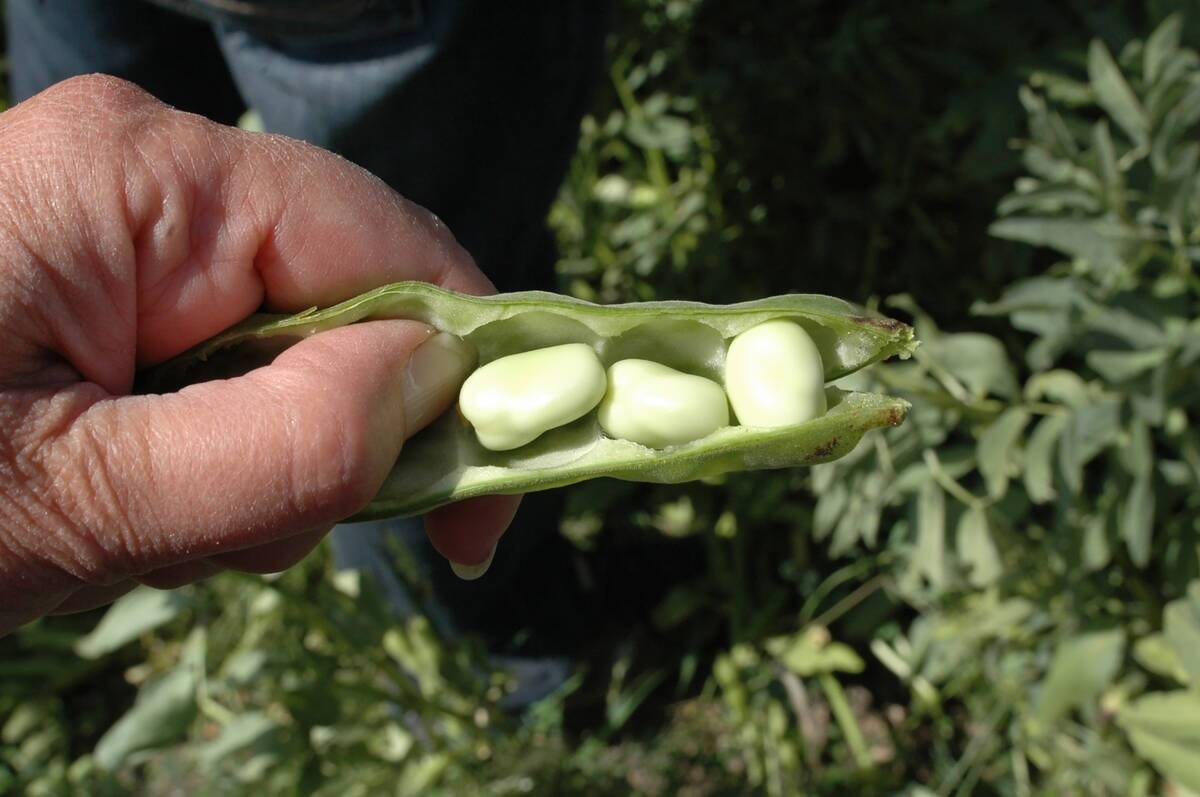Russia’s role as one of the cheapest wheat suppliers to the Middle East and North Africa may be jeopardized in 2013 as it looks to rebuild depleted stocks after last year’s drought.
The damage to Russia’s 2012 crop generated a huge premium for old wheat crop supplies versus new crop, attracting attention from exporters and the government.
Exporters expect domestic wheat prices to fall sharply in the coming months as the new harvest arrives in June or July, while the government plans to release stocks now and buy them back after the new crop.
Read Also

New crop insurer policy enables easier startup for faba beans
Agriculture Financial Services Corporation updated its normals for faba beans, which may open the door for more Canadian producers to feel comfortable growing the pulse crop in the future.
“Usually Russia sells its wheat cheaper than others at the start of the season, but this year its potential would be limited and would make it harder to compete due to the modest exportable surplus and a need to replenish stocks,” a trader said.
Russia’s domestic wheat prices, which were rising from August until early February, need to decline by about 24 per cent to match prices for the new harvest and by about 14 per cent to make the origin competitive for the country’s traditional markets such as Egypt.
Russia has in recent years been one of the cheapest suppliers on the world market, typically attracting interest from price-sensitive buyers in north Africa and the Middle East.
Global wheat prices were trading at multi-month lows the first week in March after a U.S. government report raised wheat supply by more than expected with rising expectations for a strong harvest in Australia as well as the U.S. Plains limited the gains.














